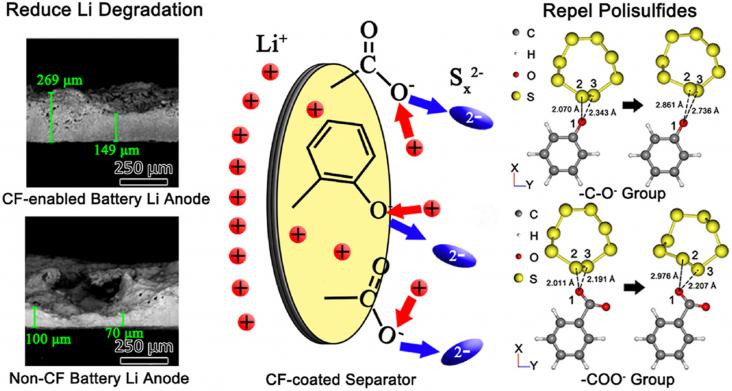This book chapter addresses SDG 7 and 9 by explaining the offshore alternative energy options for power production including solutions on synergy between offshore oil and gas production and offshore wind, lending to hybrid energy systems.
The aim of the March Kennesaw State University College of Computing and Software Engineering Hackathon event, was to demonstrate to students how big data analytics may be used for social good to solve problems in society that make a real difference in people's lives. HPCC Systems provided students with the opportunity to learn more about The ADAM Program and take a look at missing children trends.
Elsevier’s new video series features short interviews with research leaders on topical issues for universities. In these episodes, speakers discuss how universities are accelerating progress towards the UN SDGs.
Contributing to SDGs 9, 12 and 13, this paper provides an in-depth analysis of the technologies available to reduce CO2 emissions in those sectors, and the implications for introducing consistent measures to deliver on emission reduction targets.
Our carbon-intensive economy has led to an average temperature rise of 1 °C since pre-industrial times.
Vehicle driving patterns greatly impact the sustainability of the transportation system.

The fast-expanding electric vehicle market demands eco-friendly, high-performance, and low-cost energy storage systems.
Fatty alcohols (FAs) have been widely studied as typical phase-change materials for their high latent heat, low undercooling, non-toxicity, and low cost in thermal energy storage applications.
With the growing global environmental awareness, the development of renewable and green materials has gained increased worldwide interest.
This article supports SDGs 7 and 9 by addressing the challenges in traditional material research methods. This will play a crucial role in the screening and structure-activity relationship modeling of advanced energy materials, accelerate the development of energy materials, support carbon neutrality goals, and provide new scientific discovery methods.
